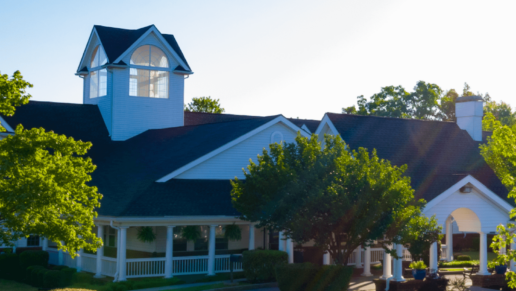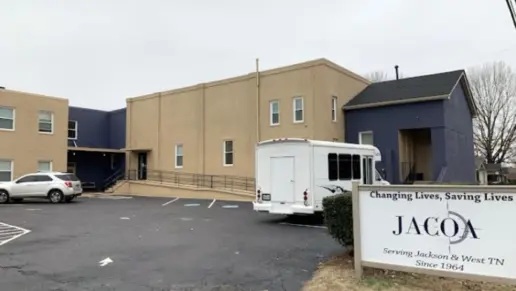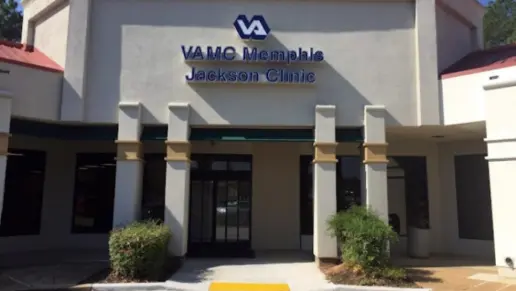About Landmark Recovery of Knoxville Drug and Alcohol Rehab
Landmark Recovery of Knoxville is a treatment center in Knoxville, Tennessee. Adults and families can benefit from their multiple levels of care for addiction and mental health.
Their inpatient program provides a safe, space for clients to live while in treatment, while their outpatient programs offer different levels of care as patients live at home. You’ll participate in similar treatment approaches such as individual, group, and family therapy, case management, trauma-focused psychotherapy, and SMART Recovery. Each program focuses on helping clients build coping skills, repair relationships, and achieve their recovery goals.
This facility stands out to me because of their seamless continuum of care. They provide all of their services in-house, for convenience and guidance throughout your recovery journey. You can access medical detox, inpatient care, various levels of outpatient care, and recovery coaching. Each therapeutic intervention is personalized to fit your unique situation and needs.
Veterans also have access to specialized treatment for service members. They blend proven therapeutic methods and trauma informed care in their VA-approved program for military members and their families. You’ll be in the care of empathetic professionals dedicated to understanding your situation and helping you reach sobriety.
Previous clients have mixed reviews. Some rave about their compassionate care and life-saving experiences. Others aren’t pleased with their experiences, the food, or how they were treated. As always, when you’re searching for addiction treatment, be sure to consider what you truly need and where you are in your recovery journey.
Facility Overview
Rehab Score
Gallery
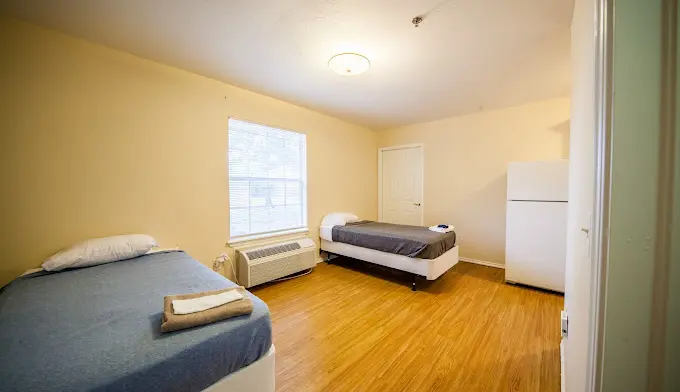
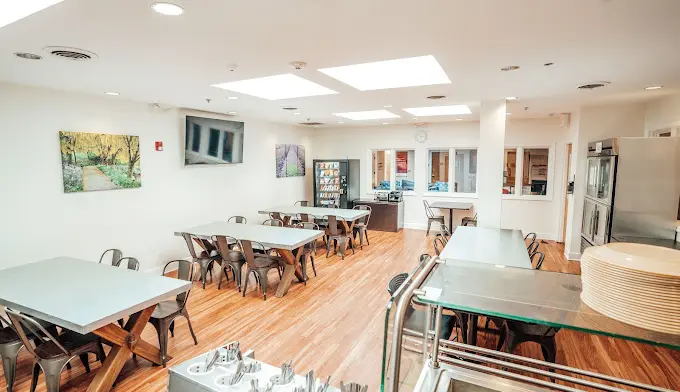
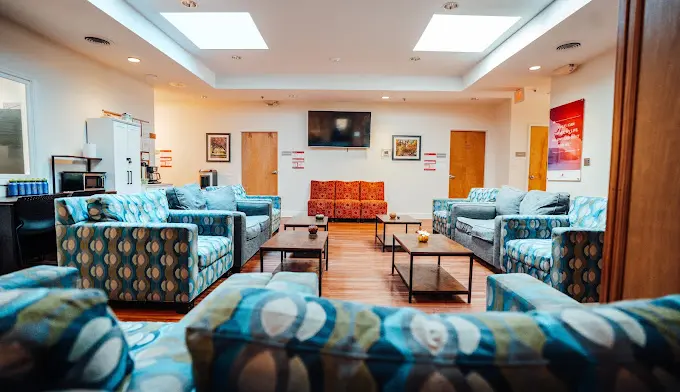
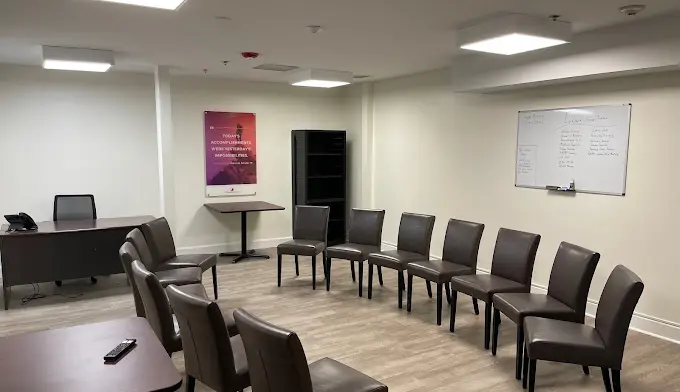
Location
Accepted Insurance
Other Forms of Payment
Private insurance refers to any kind of healthcare coverage that isn't from the state or federal government. This includes individual and family plans offered by an employer or purchased from the Insurance Marketplace. Every plan will have different requirements and out of pocket costs so be sure to get the full details before you start treatment.
Self-pay involves paying for treatment out of your own pocket. You can use savings or credit, get a personal loan, or receive help from family and friends to fund your treatment. If you don't have insurance or your insurance plan doesn't cover a specific program, self-pay can help ensure you still get the care you need.
Addiction Treatments
Levels of Care
Treatments
Substance rehabs focus on helping individuals recover from substance abuse, including alcohol and drug addiction (both illegal and prescription drugs). They often include the opportunity to engage in both individual as well as group therapy.
Programs


Clinical Services
Typical cognitive behavioral therapy in Tennessee involves recognizing negative thinking and learning techniques to change that thinking and create new, positive behaviors. Strategies may include SMART goals, journaling, and situation exposure.
Counseling in Tennessee that takes a dialectical behavior therapy approach can last from six to 12 months. During that time, you'll develop skills in the areas of distress tolerance, mindfulness, emotional regulation, and interpersonal effectiveness.
Group therapy is any therapeutic work that happens in a group (not one-on-one). There are a number of different group therapy modalities, including support groups, experiential therapy, psycho-education, and more. Group therapy involves treatment as well as processing interaction between group members.
In individual therapy, a patient meets one-on-one with a trained psychologist or counselor. Therapy is a pivotal part of effective substance abuse treatment, as it often covers root causes of addiction, including challenges faced by the patient in their social, family, and work/school life.
If you participate in motivational interviewing in Tennessee, your therapist will focus on four key strategies: open questions, affirmation, reflections, and summarizing. Rather than confront or warn you to change, the clinician will allow you to explore your own motivations and decide what changes you may need to make in your life.
Family therapy uses a structured environment to address the complexities of addiction and the negative influences it has on the family unit. Therapists work with family members to develop effective coping and communication strategies that support their loved one's recovery while also focusing on the health and well being of each family member.
Recreational therapy (aka therapeutic recreation) uses creative and fun activities to help with addiction recovery. Recreational therapists lead patients in entertaining and engaging activities like sports or games; art (drawing, painting, sculpture); drama, music, and dance; and/or community outings (field trips) to improve patients' physical, social, and emotional well-being.
Amenities
-
Private Rooms
Staff & Accreditations
Staff
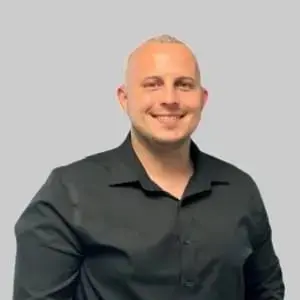
Chief Revenue Officer
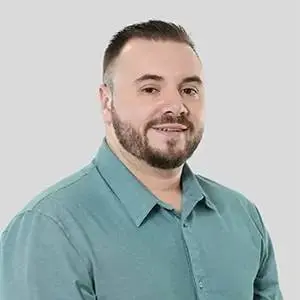
VP of Contact Center Operations
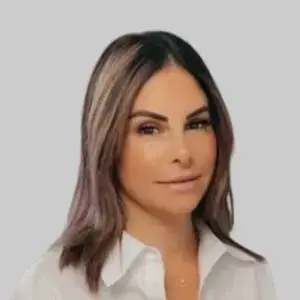
VP of Client Engagement
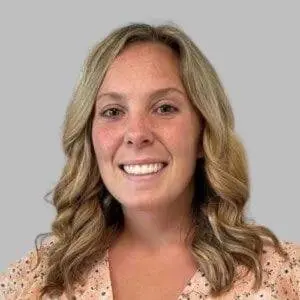
VP of Special Projects

Medical Director of NC and TN
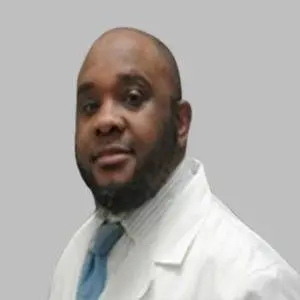
Medical Director Director of NJ
Accreditations

LegitScript has reviewed Landmark Recovery of Knoxville Drug and Alcohol Rehab as part of their certification program, and has determined that it meets the LegitScript standards for legality, safety and transparency.
LegitScript verified in November 2021

The Joint Commission, formerly known as JCAHO, is a nonprofit organization that accredits rehab organizations and programs. Founded in 1951, the Joint Commision's mission is to improve the quality of patient care and demonstrating the quality of patient care.
Joint Commission Accreditation: Yes
Contact Information
1016 Ic King Rd
Seymour, TN 37865




